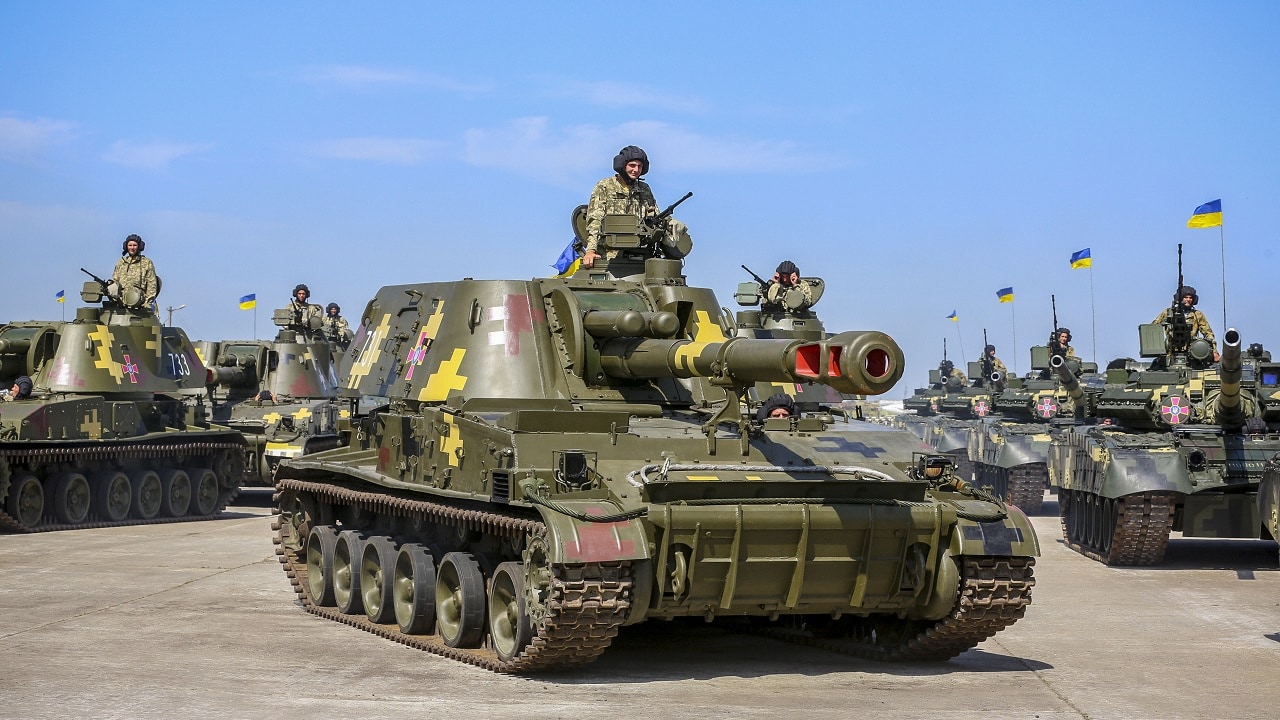With a Russian invasion of Ukraine expected at any hour, world leaders and countries have been engaged in a last-ditch diplomatic effort to prevent what would be the largest war in Europe since the end of World War II.
A Diplomatic Race
In the past hours, President Joe Biden has talked directly with Russian President Vladimir Putin and Ukrainian President Volodymyr Zelenskyy in an attempt to mediate between the two sides.
U.S. intelligence estimates suggest that Moscow has amassed the necessary military forces on the borders with Ukraine to succeed in an invasion. Indeed, Russian troops could be inside Kyiv, the Ukrainian capital, in as little as two days.
“President Biden was clear that, if Russia undertakes a further invasion of Ukraine, the United States together with our Allies and partners will respond decisively and impose swift and severe costs on Russia. President Biden reiterated that a further Russian invasion of Ukraine would produce widespread human suffering and diminish Russia’s standing. President Biden was clear with President Putin that while the United States remains prepared to engage in diplomacy, in full coordination with our Allies and partners, we are equally prepared for other scenarios,” the White House said in a statement.
Speaking with his Ukrainian counterpart, Biden reaffirmed the U.S.’ commitment to Ukraine’s sovereignty and territorial integrity and stated that the U.S. would “respond swiftly and decisively, together with its allies and partners, to any further Russian aggression against Ukraine.”
In addition to the U.S. officials, German Chancellor Olaf Scholz, British Prime Minister Boris Johnson, and French President Emanuel Macron have all visited the region in the past few days, either meeting directly with Putin or meeting with Ukrainian and regional leaders.
Russian Foreign Minister Sergei Lavrov also advised Putin on Monday to seek a diplomatic way out of the dangerous situation.
Sanctions and Export Controls
The White House has repeatedly stated that it won’t commit any troops on the ground in the event of a Russian invasion of Ukraine. As a non-NATO member, Ukraine isn’t covered by the transatlantic alliance’s Article 5, the mutual defense clause.
Instead of the military route, the U.S. and its NATO and European allies have opted for sanctions. According to the White House, a Russian invasion would trigger an unprecedented wave of sanctions and export controls on both the Russian Federation and Russian government individuals. There has even been talk about sanctions on Putin himself.
One of the most potent sanctions currently discussed is Russia’s expulsion from the SWIFT financial system—SWIFT allows banks across the world to shuffle money back and forth. Back in 2014, when Moscow invaded and annexed Crimea, the “SWIFT option” had been brought up again, but the Kremlin had said that such a measure would be an act of war.
1945’s New Defense and National Security Columnist, Stavros Atlamazoglou is a seasoned defense journalist specializing in special operations, a Hellenic Army veteran (national service with the 575th Marine Battalion and Army HQ), and a Johns Hopkins University graduate. His work has been featured in Business Insider, Sandboxx, and SOFREP.

